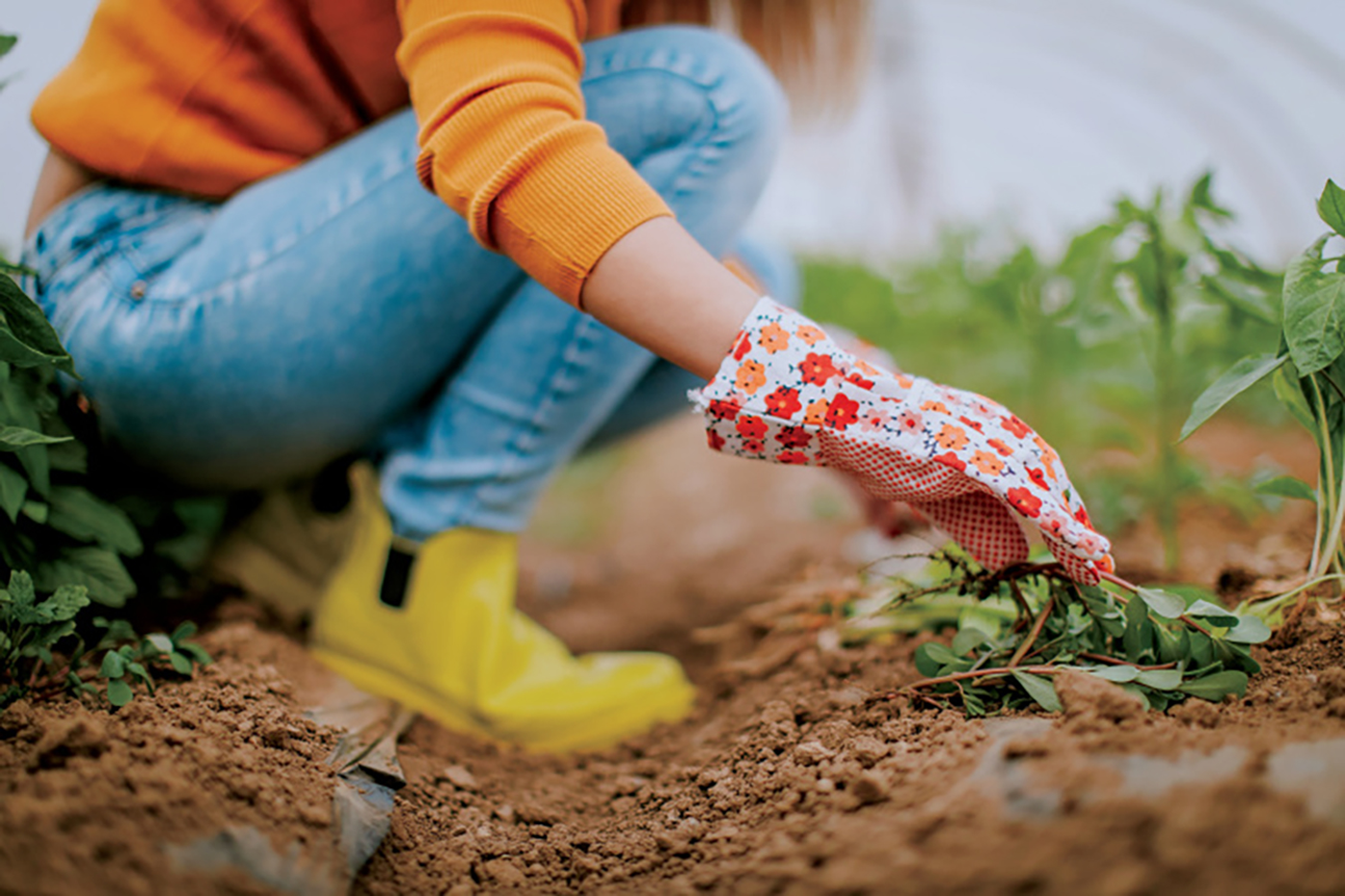More than 70 million people will spend the summer planting, pruning, and participating in America’s second-largest leisure activity: gardening. They know something other people don’t — gardening is not only good for the environment, but also good for body and soul.
Research shows that gardening provides a wide range of physical and mental health benefits. When done on a regular basis, it can deliver a healthy dose of exercise. According to the National Gardening Association, 45 minutes of gardening burns as many calories as 45 minutes of aerobics. Digging, spading, and tilling will kill about 200 calories in 30 minutes, and all the major muscle groups can get a workout. Turning compost and shoveling are big calorie burners. Gardening uses joints and muscles in ways that differ from other activities.
In addition to calorie burning, gardening can lighten moods, lower stress levels, and improve or reduce symptoms of depression and anxiety. It can also increase your attention span and help with sleep patterns. Gardening is a moderate-intensity exercise that can improve cardiovascular health and enhance cognitive function, especially for older adults.
Here’s how to start: Treat gardening as if it is a workout. Stretch and loosen up those muscles before jumping in. Warm up with lighter gardening tasks before going into heavier jobs. Vary the work so you don’t overdo certain muscle groups. Go from mowing to digging, for instance.

Take your time to achieve and enjoy maximum fitness benefits. Start with gardening 30 minutes a day. Move in short bursts to avoid fatigue and strain. If you find you are aching afterwards, shorten your sessions. Remember, this job should be fun and rewarding. Like any good workout, be sure to set a time limit for yourself. It’s good to avoid stress on your back. Instead of moving or carrying one huge load when planting, watering, or spreading dirt, break the job into several smaller parts. Major projects should be accomplished over a few sessions.
Wear sun protection and stay hydrated to prevent overexertion. Give yourself the treat of nicely sharpened clippers, shovels, and hoes. With tools in good shape, you will be sure to get more pleasure from your projects. Conclude your gardening with a good stretch to avoid pain or stiffness in the back, neck, or shoulders.
Hospital records show that those who have gardened and worked or were physically active outdoors, surrounded by nature, are much quicker to recover from illness. Increased vitamin D levels from sun exposure benefit bone health and immune systems. A study that compared lifestyles and health insurance claims found that those who were active outdoors required far less financial support than those who weren’t. The feeling of being useful, applying skills in the garden with all that good fresh Oregon air, gives you positive energy.
Finally, remember to occasionally sit quietly and enjoy your garden. Pay attention to the sounds and smells, being at one with nature in the special place you have created. The peace of mind and the satisfaction that come with a job well done in your garden will certainly boost your spirit and soul.


